Keywords: Xenophobia
There are more than 24 results, only the first 24 are displayed here.
Become a subscriber for more search results.
-

RELIGION
- Andrew Hamilton
- 16 April 2025
In the lead up to Easter, the story of a man welcomed with palms and crucified days later takes on renewed urgency. In an age of closed borders and hardened politics, the Easter message casts a sharp light on how we treat the stranger, the exile, and the dispossessed.
READ MORE
-
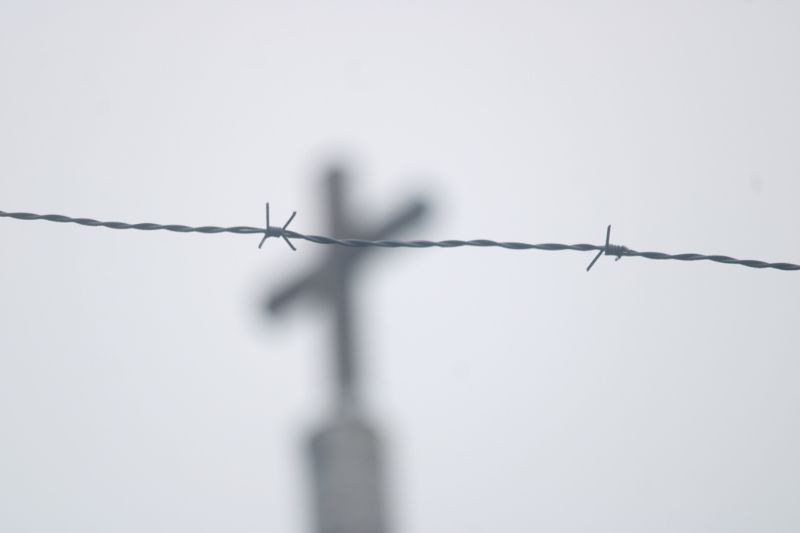
RELIGION
- Vincent Long Van Nguyen
- 01 April 2025
As war rages, the climate suffers and inequality grows, the ancient idea of Jubilee feels newly urgent. Can an economy built on profit give way to one rooted in justice? Can the Church trade power for presence? Renewal may begin where the poor, the displaced and the earth come together.
READ MORE
-

INTERNATIONAL
- Gillian Bouras
- 27 February 2025
Europe faces a moment of strategic recalibration as shifting U.S. priorities put transatlantic ties under strain, raising concerns about Europe’s defence standing. With war on its borders and internal divisions mounting, the European Union must rethink its role in an increasingly uncertain world.
READ MORE
-
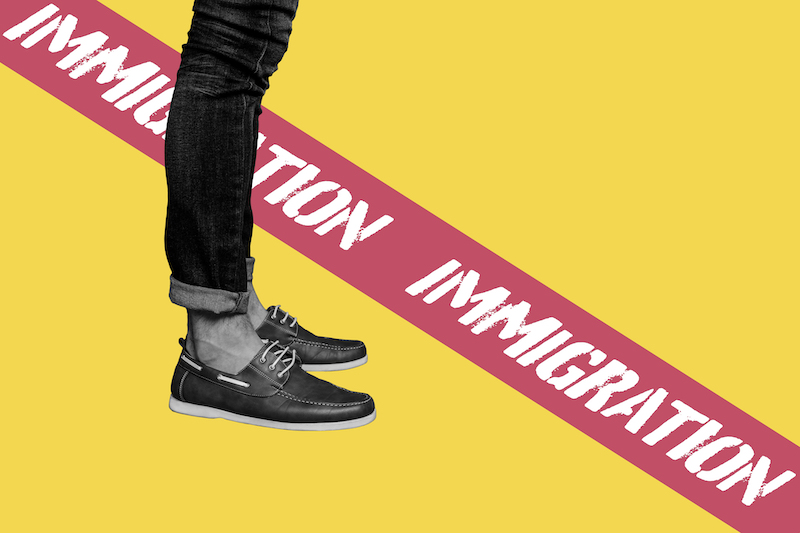
FAITH DOING JUSTICE
- Andrew Hamilton
- 23 September 2024
1 Comment
In prosperous times many people in developed nations are sympathetic to refugees and migrants and welcome them into their own societies. In hard times, however, xenophobia spreads.
READ MORE
-

AUSTRALIA
- Barry Gittins
- 18 January 2024
1 Comment
It’s that time of year when futurists and prophets play fast and loose, projecting visions rife with both promise and peril, weighing the possible against the improbable. As we contemplate competing pictures of the future, although every forecast risks missing the mark, one thing is certain: 2024 won’t be a year for the faint-hearted.
READ MORE
-
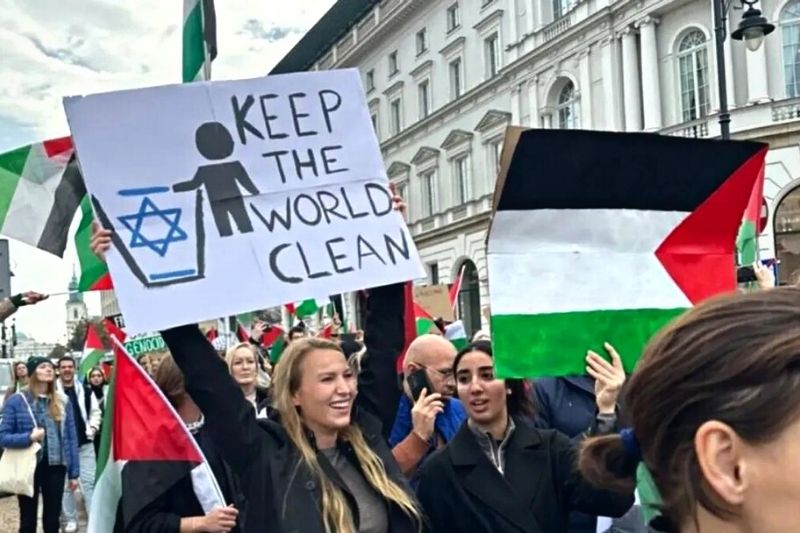
INTERNATIONAL
- Andrew Hamilton
- 14 December 2023
15 Comments
In Western societies, antisemitism is particularly noxious. To be understood, however, it needs to be precisely defined and set in the in the broader context of antipathy on racial, religious and other grounds.
READ MORE
-
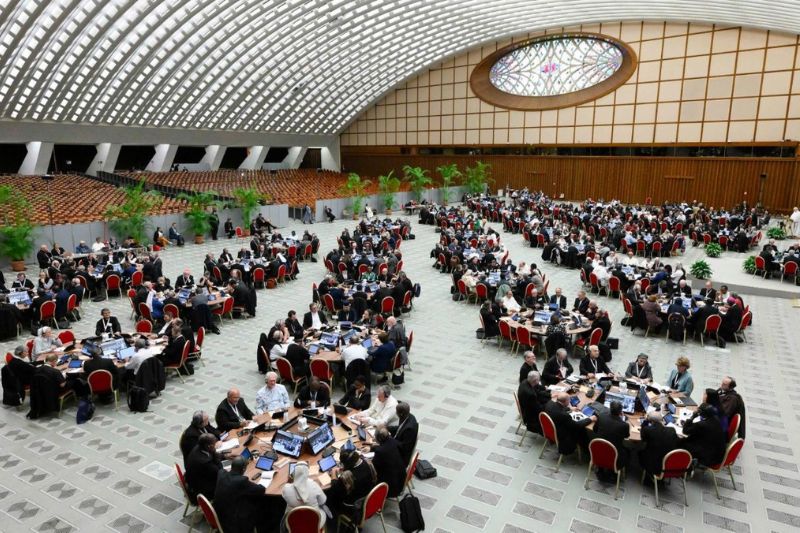
RELIGION
- Bill Uren
- 12 December 2023
2 Comments
The Synod on Synodality raised possible Church reforms like expanding communion to non-Catholics in interchurch marriages and reevaluating the stance on divorced and remarried members. This raises the question: Can the Church reconcile longstanding traditions with emerging calls for inclusivity and ecumenical openness?
READ MORE
-
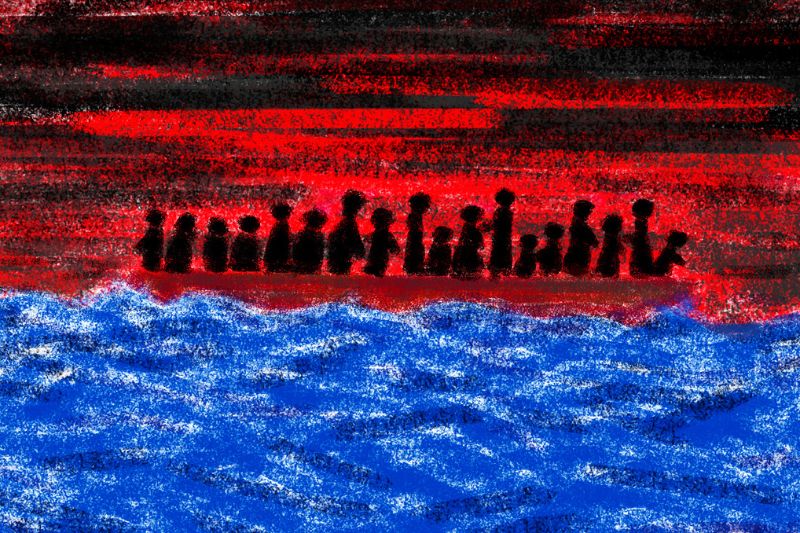
AUSTRALIA
- Andrew Hamilton
- 20 June 2023
5 Comments
Observing World Refugee Week and the Referendum on the Voice to Parliament together is appropriate because the First Peoples and later refugees have suffered in similar ways. Jordana Silverstein's latest book draws striking parallels between Australia's colonial past and the modern treatment of refugee children.
READ MORE
-
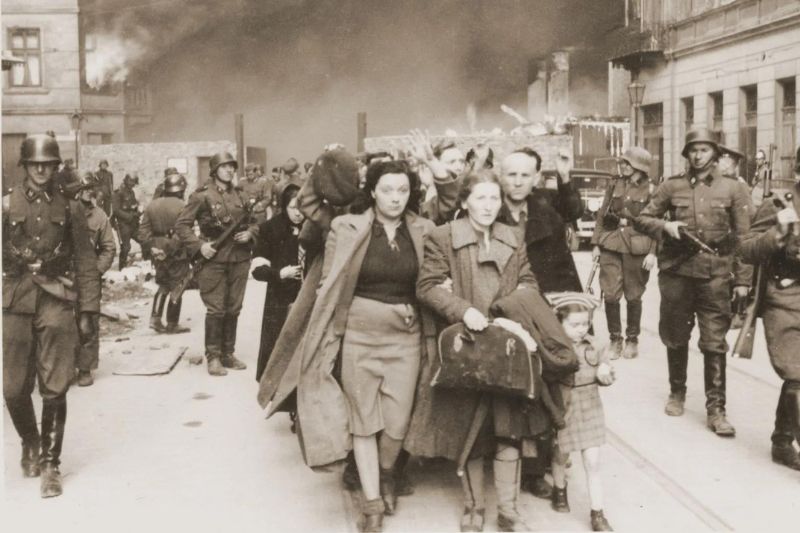
INTERNATIONAL
- Arnold Zable
- 19 April 2023
4 Comments
As Holocaust denial and falsehoods spread on social media, we commemorate the 80th anniversary of the Warsaw ghetto uprising, a heroic act of resistance against oppression, with a sense of urgency. Let us remember the lessons of the uprising and stand up against racism and authoritarianism in all its forms.
READ MORE
-
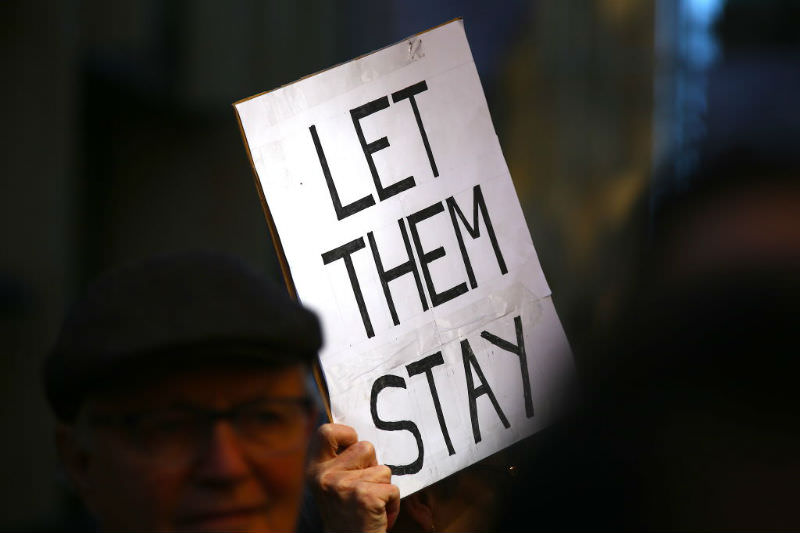
AUSTRALIA
- Andrew Hamilton
- 17 June 2021
23 Comments
The present climate offers little encouragement for people anyone who cares for refugees and wants to press their cause. It would be rash to think that things will change soon.
READ MORE 
-
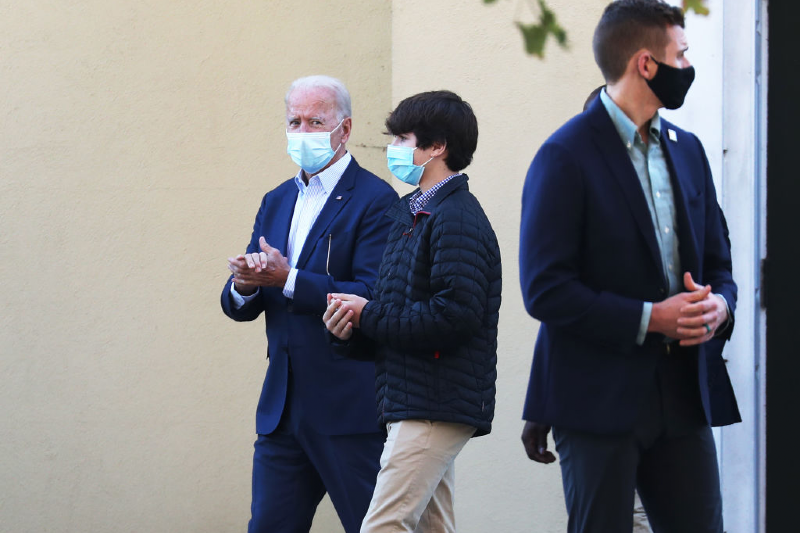
RELIGION
- Robert Christian
- 12 November 2020
31 Comments
Now the question is: will the Republican Party revert back to its pre-Trump days, continue down the path of Trumpian populism, or seek an alternative to both? No matter which path is pursued, American Catholics will likely play a key role in shaping the party’s future direction.
READ MORE 
-
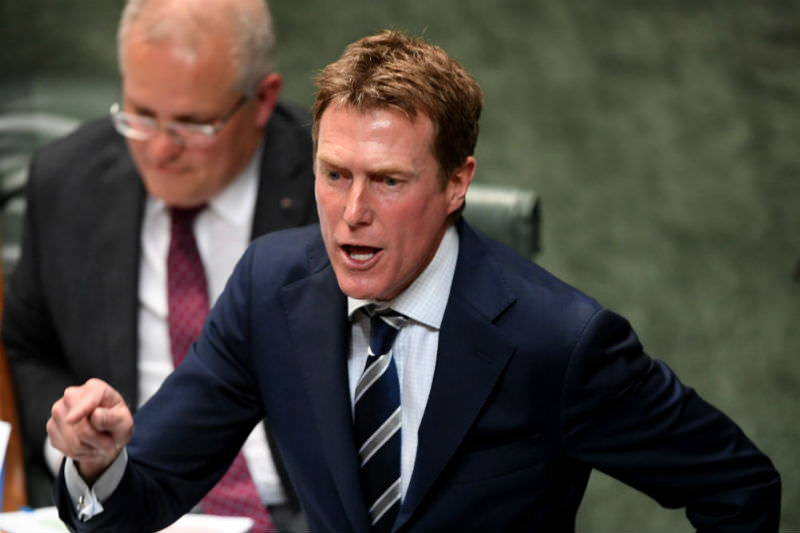
AUSTRALIA
- John Falzon
- 03 March 2020
27 Comments
The Morrison government despises the working class. There is no other explanation for its behaviour. For all the ‘lifters and leaners’ or ‘workers and shirkers’ guff that we’ve seen over the years from this and past governments, the truth is that, according to the neoliberal worldview, whether you’re in paid work or on social security, you’re despised unless you belong to its own big money elite.
READ MORE 